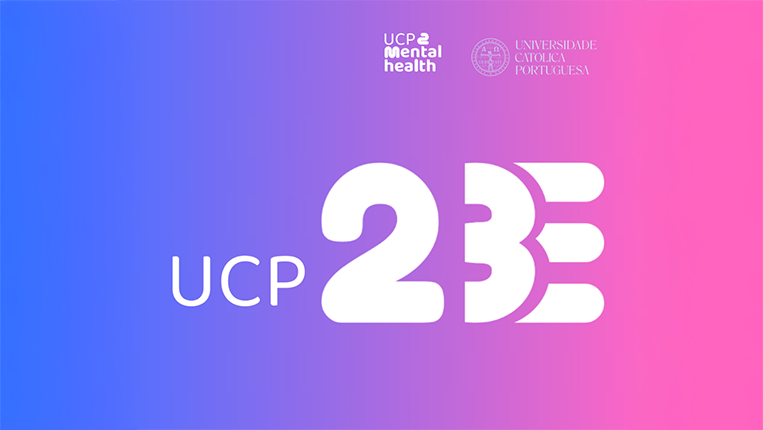This elective CU is a part of the training offer in the 2nd year.
Intended learning outcomes (knowledge, skills and competences to be developed by the students)
- Define global health and globalization and describe the respective basic principles and scope of global public health;
- Identify current threats to global health, including infectious and noncommunicable diseases;
- Critically assess ongoing strategies to address current threats to global health;
- Describe the roles of various members of the global health community, such as bilateral / multilateral institutions, political bodies, and NGOs that contribute to health promotion and policies;
- Identify the effects of globalization and urbanization on population health and their transdisciplinary responses in the global context;
- Be able to ethically and solidly discuss current global health challenges;
- Master basic concepts of organization and governance in global health.
Syllabus
- Introduction: General Context;
- Topic 1: Principles, Definitions, and Structural Areas of Global Health;
- Topic 2: Challenges and Achievements of 19th, 20th, and 21st Century Public Health;
- Topic 3: Disease burden metrics: analysis of the international context in the areas of disease burden and quality of life;
- Topic 4: Sustainable Development Goals: Health as an essential element of nations' development and its determinants;
- Topic 5: 6 Regions of the World Health Organization: “Think Global, Act Local”;
- Topic 6: Strategies for Achieving Sustainable Development Goals by 2030 in the European Region of the World Health Organization.
- Topic 7: The World Health Organization's Best Buys and the fight against noncommunicable diseases



